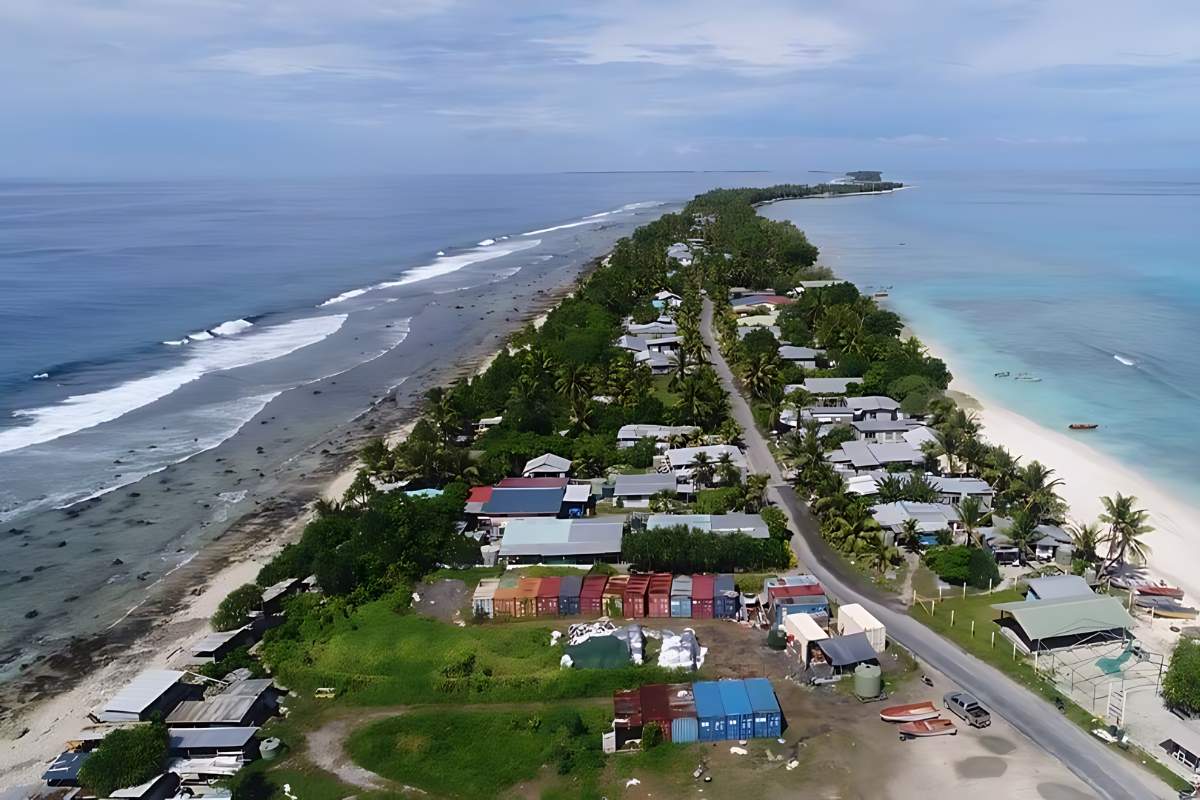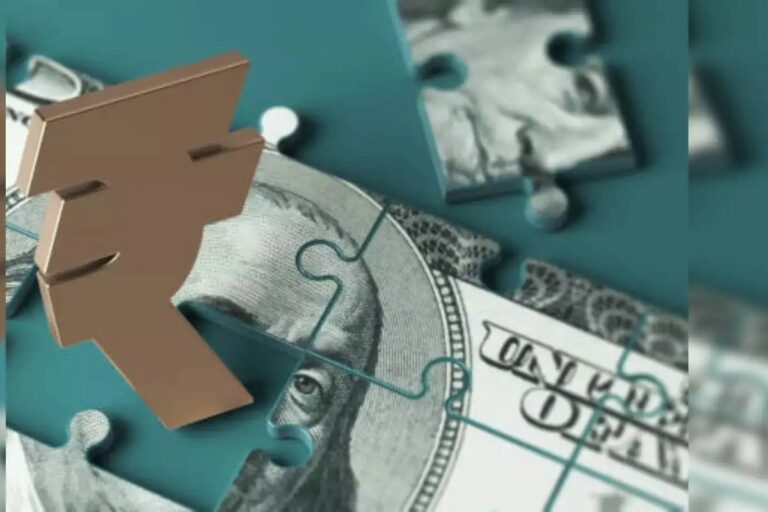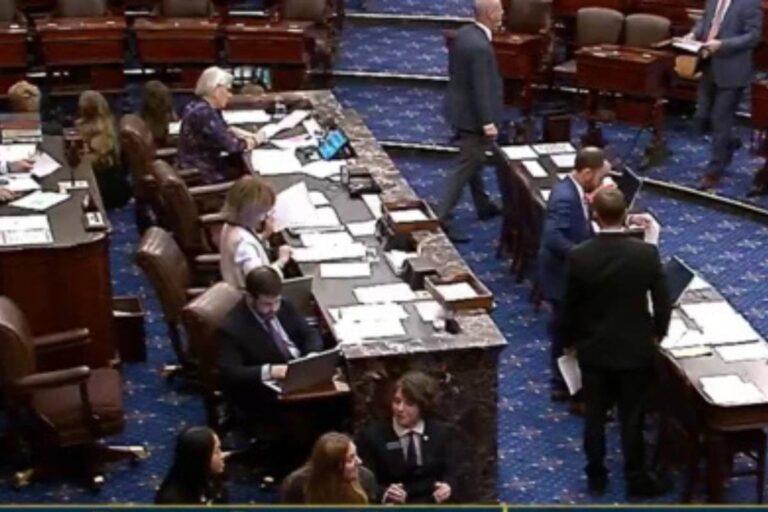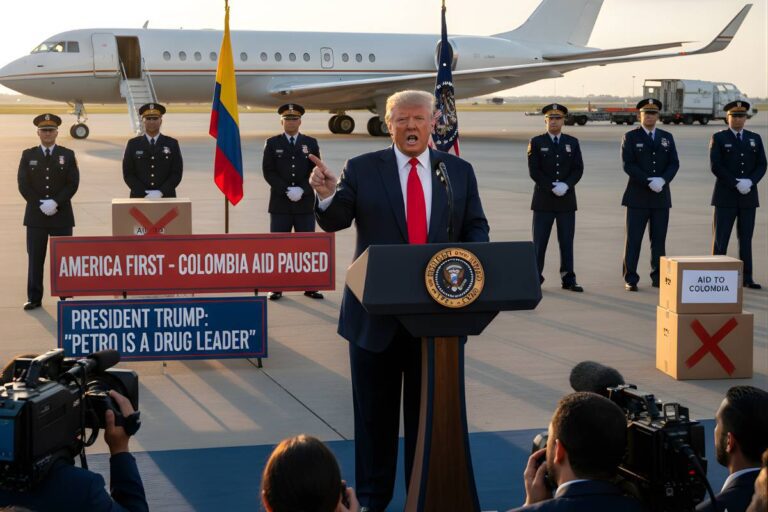For the first time, cash isn’t the only king on this tiny Pacific island. After decades of doing everything by hand (and in cash), locals can now swipe, tap, and beep their way into the digital age.
Tuvalu, the world’s most isolated and smallest country,
Tuvalu, the world’s most isolated and smallest country, has formally joined the electronic banking era with the introduction of its first-ever ATMs. The milestone event was celebrated with a grand ceremony at the headquarters of the National Bank of Tuvalu in the village of Vaiaku on Funafuti, the main island of the country.
Graced by Prime Minister Feleti Teo, the governor general, village elders, and other officials, the ceremony commemorated the much-awaited modernization of the island’s financial infrastructure—something which had, up to now, remained a mere fantasy.
“Today not only marks a momentous occasion, but it is also historic as the bank moves into a totally new era, not just in terms of its services but also in terms of its strategic direction,” Teo said in his keynote speech
Banking in Tuvalu
Until this week, involved in waiting in line for hours to withdraw cash before the bank shut at 2 pm. Need groceries? Cash. Reserving a hotel room? Cash. Practically everything operated on hard currency.
That is all changed now. Five ATMs have been installed on and around the capital island, and 30 point-of-sale terminals are being deployed to shops, services, and other hotspots, thanks to a project which has been under development since 2021 and cost more than A$3 million.
“We’ve been in an analogue space all along, these were dreams for us,” said general manager Siose Penitala Teo. “These machines don’t come cheap. But with government support and sheer determination, we were able to roll out this service for our people.”
Only prepaid cards will currently function in the new machines, but locals can look forward to local debit cards following close behind, and eventually Visa capability for travel abroad and online shopping.






















